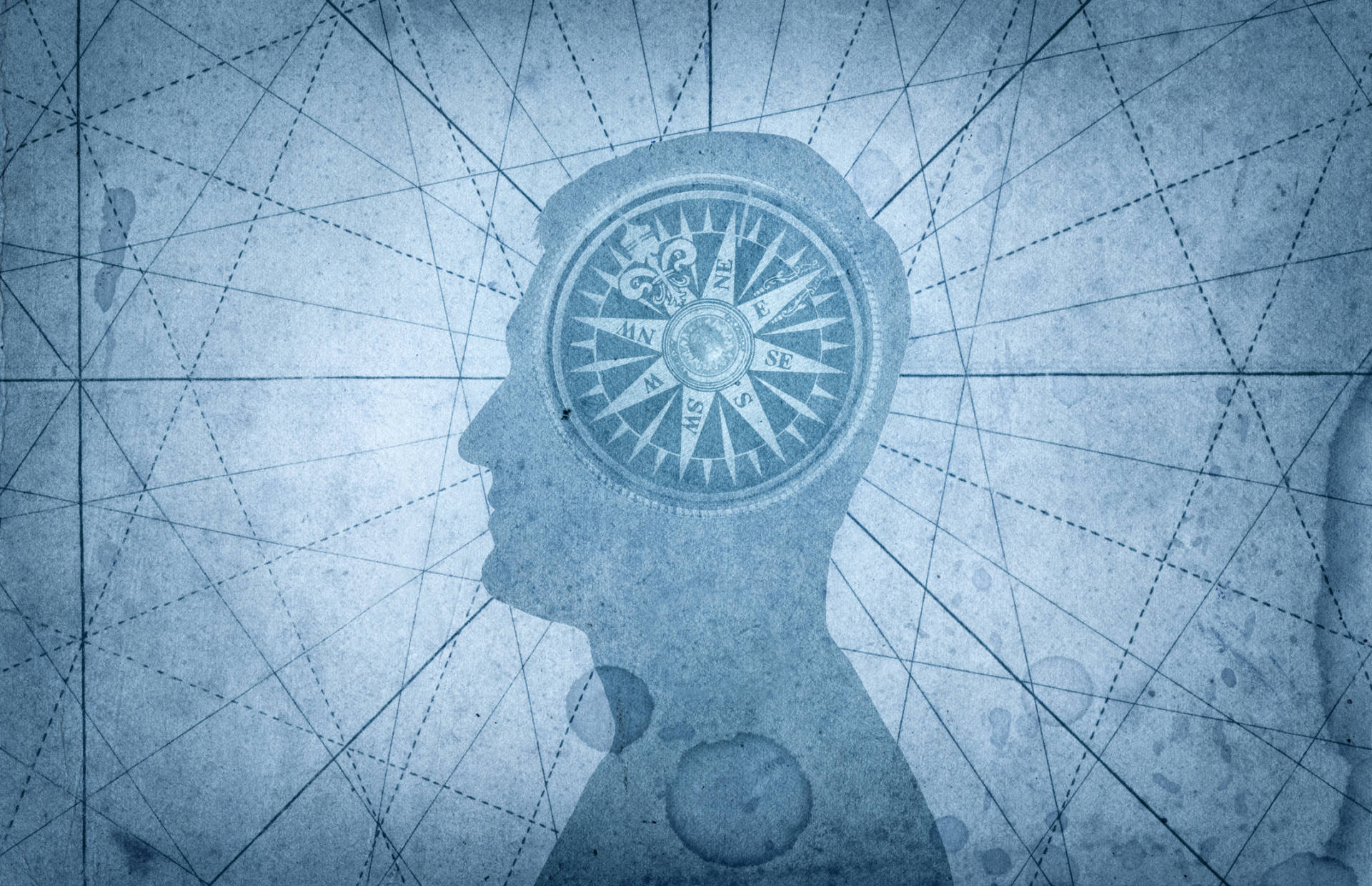Bringing ethics into learning outcomes

Sjur Bergan*
In the recognition of qualifications, the Council of Europe/UNESCO Lisbon Recognition Convention introduced a novel approach by committing parties to recognize foreign qualifications unless they could demonstrate a substantial difference between the qualification for which recognition is sought and the corresponding qualification(s) in their own system. In 1997, when the Convention was adopted, there was still not much reference to learning outcomes. Nevertheless, substantial differences are de facto assessed on the basis of the learning outcomes of a qualification rather than formal characteristics such as the time of study.
Just a few years later, with the development of qualifications frameworks, learning outcomes became key to the European policy debate, in particular through the development of the European Higher Education Area. The TUNING project made the very helpful distinction between generic and subject specific learning outcomes. The former are those that any higher education graduate should acquire at a given level, such as analytical and communication skills, whereas the latter are specific to each discipline: what a historian should know about history, a chemist about chemistry, etc.
When we say ‘should know,’ we are probably fairly close to a common perception of education: essentially, it conveys knowledge. That is, of course, a shortcut. Knowledge is important, but it needs to be put in a context and to be used. Therefore, the traditional definition of learning outcomes does not refer to knowledge alone. Rather, the traditional understanding is that learning outcomes specify what a student should know, understand, and be able to do on the basis of a given study program or qualification.
The traditional understanding of learning outcomes is important because it emphasizes that knowledge is not enough. We need to understand what we know, and we need to be able to transform knowledge and understanding into practice.
The traditional understanding is, however, inadequate. We may be able to do things that we should refrain from doing, and history provides no shortage of examples. The show trials of both Stalinist and Nazi times were conducted by people who had a higher education degree in law, and the Peruvian terrorist group Sendero Luminoso (Shining Path) was founded and led by a professor of philosophy. The Russian war on Ukraine received explicit support from more than 200 Russian Rectors. However, we do not need to search for the most spectacular examples to make our point. There are numerous recent examples from many European countries of fraudulent use of qualifications, falsification of research results, and cheating at examinations.
The traditional understanding of learning outcomes, therefore, needs to be supplemented by a fourth element: what a student is willing to do. By implication, this includes what the student may be able to do but for ethical or other reasons decides to refrain from doing. This is the ethical dimension of education. It is of course not new, and it was both taught and practised long before Immanuel Kant formulated his categorical imperative, exhorting us to act in such a way that every and all of our acts could be the model of a law. Nevertheless, I would argue that higher education has paid insufficient attention to the ethical dimension in designing study programs and learning outcomes.
The Council of Europe adopted this updated and enlarged understanding of learning outcomes in developing its Reference Framework of Competences for Democratic Culture, which was finalized in 2018. The importance of democratic culture is demonstrated by the recent history of Europe as well as by the unrealistic expectations in many contexts, including in the Council of Europe, that the democratic reforms of institutions and laws in Central and Eastern Europe after the fall of the Berlin Wall would rapidly be followed by genuine democracy. However, developments since the mid- to late 1990s have been a sobering reminder that democracy cannot be built on institutions, laws, and procedures (such as elections) alone, essential as they all are. They will not function democratically unless they are based on a set of attitudes and behaviors that, among other things, recognize that while the majority decides, minorities have inalienable rights; this means viewing diversity as a strength rather than a threat, as well as seeking to solve conflicts through dialogue rather than violence.
Societies cannot be democratic unless their citizens identify with and internalize the attitudes and behaviors that constitute a culture of democracy. This culture cannot be developed unless education at all levels – including higher education – plays an essential part, and it cannot be developed unless study programs incorporate ethical reflections at all levels.
A culture of democracy must also be a culture of ethics, as the Council of Europe aims to help develop through its ETINED Platform (Ethics, Integrity and Transparency in Education). We cannot have democracy without ethics. To make both a culture of democracy and a culture of ethics a reality, higher education should adopt a revised understanding of learning outcomes, as a description of what a student:
-
knows
-
understands
-
is able to do
-
is willing to do, and by extension, is willing to refrain from doing.




Recent comments